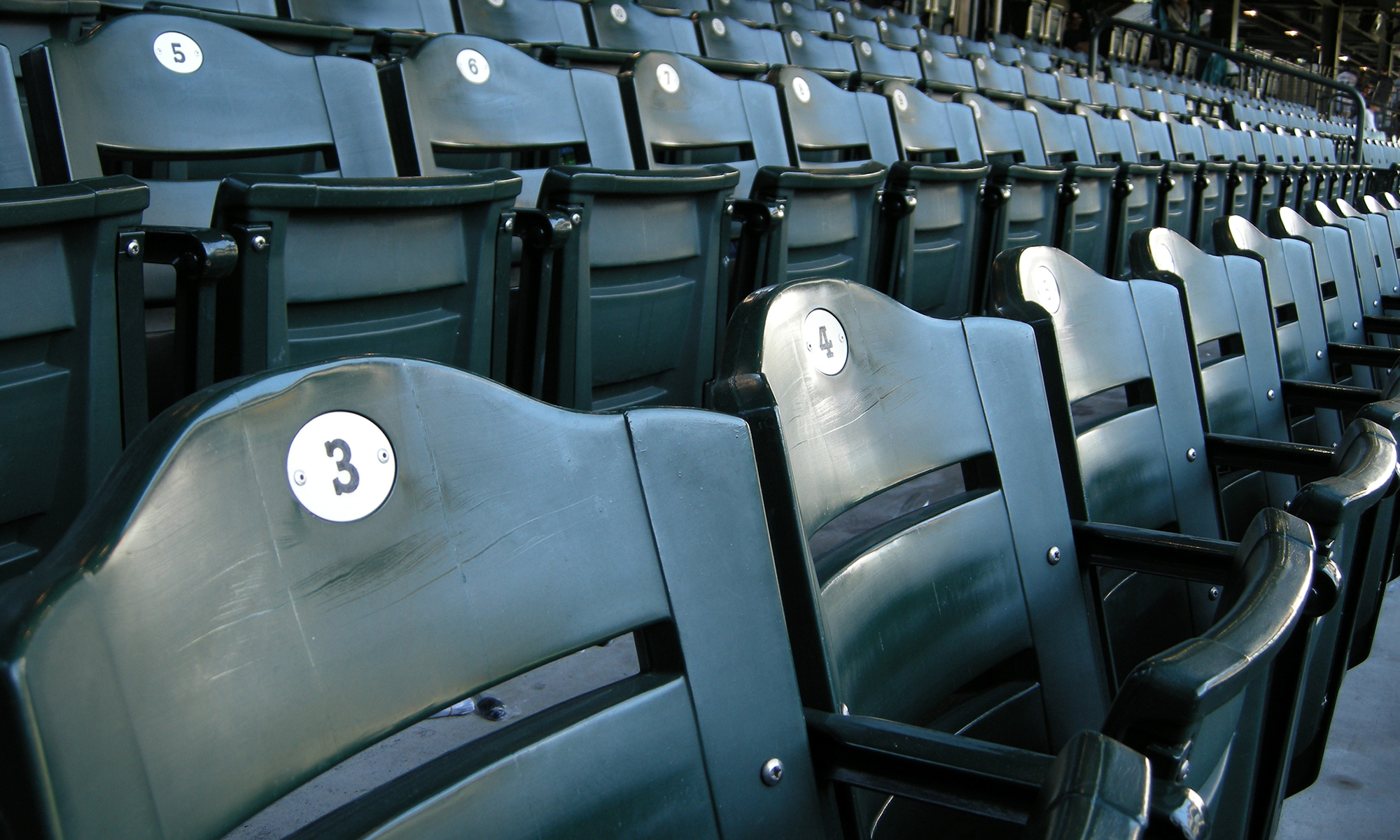Name, image, and likeness (NIL) deals have unquestionably altered the landscape of collegiate sports and sparked a billion dollar market for student-athletes. This opportunity, however, does not extend equally to all student-athletes. Indeed, international student-athletes are essentially “sidelined” when it comes to many lucrative NIL deals as a result of the restrictions on their ability to earn money in the United Stated under F-1 visas.
Because F-1 visas generally limit international student employment to under twenty hours per week during academic semesters in areas related to the student’s field of study, International student-athletes have had to find creative ways to seize NIL opportunities. For example, former University of Connecticut (UConn) center Adama Sanogo and former Purdue men’s basketball star center Zach Edey traveled outside of the United States to earn money from NIL deals. Sanogo, a Mali native, filmed an advertisement for Sunoco in the Bahamas after winning the National Championship in 2023, and Edey, a Canadian, traveled to Toronto to film commercials for KFC and to take pictures for trading cards to avoid actively earning money in the United States.
The F-1 visa – NIL payment conundrum may also create issues with the potential unionization of college sports teams. For example, if college athletes are considered employees, schools may need to take steps to ensure continued compliance with immigration laws and rules, including the twenty-hour-per-week work restriction for those on F-1 visas. That might require schools to monitor and ensure that international athletes spend no more than twenty total hours per week on participation in team activities. Additionally, certain unions may require members to be U.S. citizens or permanent residents. College athletes in the United States on nonimmigrant visas may be ineligible for membership in such unions or may not be eligible for all the protections provided by unions.
In contrast, Hansel Enmanuel, a native of the Dominican Republic and a guard for Austin Peay’s men’s basketball team, secured an O-1 visa, which is designed for those with extraordinary abilities or achievements. An O-1 visa has stringent evidentiary burdens that even many professional athletes have been unable to meet; however, it is likely that we will see more high-level international college athletes attempt to obtain these O-1 visas and/or other non-F-1 visas in order to benefit from the new NIL industry. Regardless, without changes to immigration laws, international student athletes are at a current disadvantage in reaping the benefits in the NIL industry.
